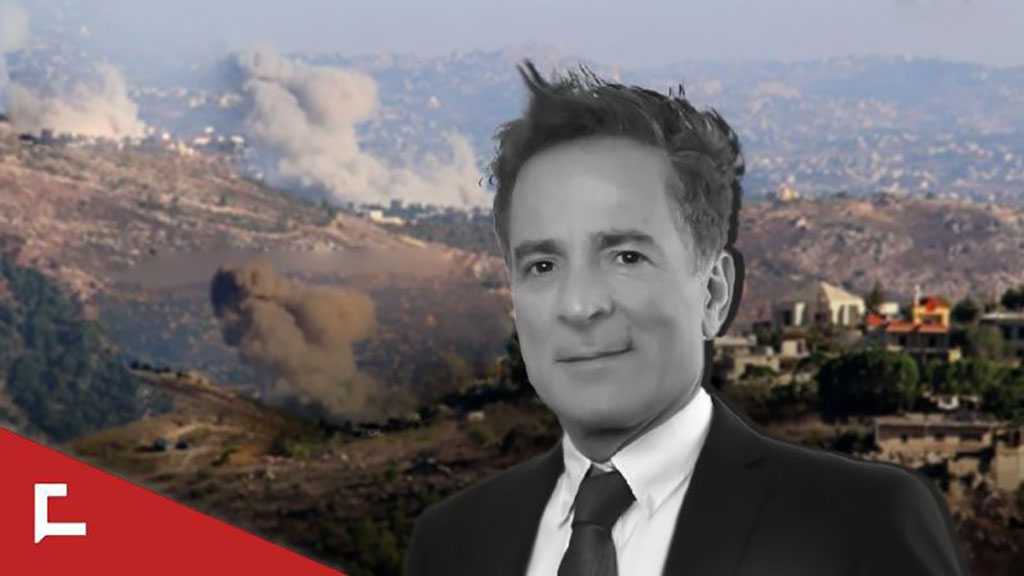
The Assad Regime Is Indispensable

Aside from the silent mood on Fridays which is both a national holiday and the main day of protests, life in the Syrian capital Damascus appears to be more than normal. During my stay in this city I have heard of two main sources of concern from the average citizen:
First of all I hear how the crisis in Syria (which is mostly based outside the capital) is affecting the countries' economy. People complain of high prices and of how the recent developments have dealt a severe blow to the countries' tourism season right in the midst of the summer.
Regarding the first complaint what needs to be mentioned is that increasing prices are more of a global trend than something related to the events in Syria. However the fact that Syrian's are not used to high prices (especially if compared to other countries) increases their talk of this matter as if it is related to some kind of internal crisis.
As for the tourism sector well it is true that the developments have kept many tourists outside the country. This is very clear when you go to the hotels and restaurants which are usually bustling with tourist activity this time of year. But the economic situation will not lead to a collapse of the leadership as long as the main countries' centers (Damascus and Aleppo which I shall explain more of below) have a normal life. If normal life in these cities continues (which I believe it will) the economic damage will NOT put the country on the verge of collapse.
 The second and more deep concern expressed is that of sectarian strife . People here say that playing the sectarian card could destroy the entire country and lead to massive bloodshed. From the contacts I have made, I have been told that unfortunately, sectarianism is running high in certain parts of the country, particularly in the city of Homs which has witnessed the biggest share of bloodshed recently. There appears to be deep tension between the Sunni community on one side and the Allawite on the other. (Which I hear is being successfully fed by the ridiculous claims of Iranian and Hizbullah involvement in clamping down on the protesters).
The second and more deep concern expressed is that of sectarian strife . People here say that playing the sectarian card could destroy the entire country and lead to massive bloodshed. From the contacts I have made, I have been told that unfortunately, sectarianism is running high in certain parts of the country, particularly in the city of Homs which has witnessed the biggest share of bloodshed recently. There appears to be deep tension between the Sunni community on one side and the Allawite on the other. (Which I hear is being successfully fed by the ridiculous claims of Iranian and Hizbullah involvement in clamping down on the protesters).
Luckily however until now such sectarian strife has not reached the countries' two main cities of Damascus and Aleppo. The primary reason for this is that the inhabitants of these two cities are not prone to sectarian strife like the inhabitants of other cities such as Homs and Hama (which is the main area of Salafist movements). Inhabitants of Damascus and Aleppo manifest the secular nature of Syrian society which makes them immune to the sectarian card.
As long as the situation in these two cities remains as is the Syrian regime is in no real danger. Another factor that favors the Syrian regime is that the countries' minorities (Druze, Christians, Ismailia's) believe that the secular regime of Bashar Assad protects them whereas the only other alternative would be a Sunni fundamentalist regime that would resemble that of Saudi Arabia or even Afghanistan! A scenario of that sort would spell all out disaster for the minorities which is one reason why they have not participated in any anti regime movements.
To end it appears that some world powers have reached the same conclusion. The US thus far has stopped short of directly calling on President Bashar Assad to step down. It has instead used terms like "he is not indispensable" and "he has lost legitimacy in the eyes of his people". Hence the US also realizes that the alternative to Bashar Assad would be a fundamentalist regime.(something completely against US wishes particularly after Barack Obama went to the extreme to assassinate Osama Bin Laden just ahead of the upcoming US elections).

It would also be a grave mistake for the US to help bring about a fundamentalist regime which neighbors Iraq , a country the US intends to withdraw from by the end of the year and also a country where the US intends to maintain large military bases(which could be very easy targets for fundamentalists coming from Syria).That is not to say that the world pressures will stop. No they will continue and the Israeli's will continue to push to find an alternative to Bashar Assad as long as he remains aligned with Iran, Hizbullah and Hamas.
It is already trying to do so with Abdul-Halim Khaddam the former vice president and dissident but this will surely not succeed with Khaddam's popularity largely isolated to a small number of his hometown in Baniyas. However in the end Bashar Assad will indeed prove to be indispensable, both in the eyes of his people and in the eyes of world powers who disapprove of many of his policies.



